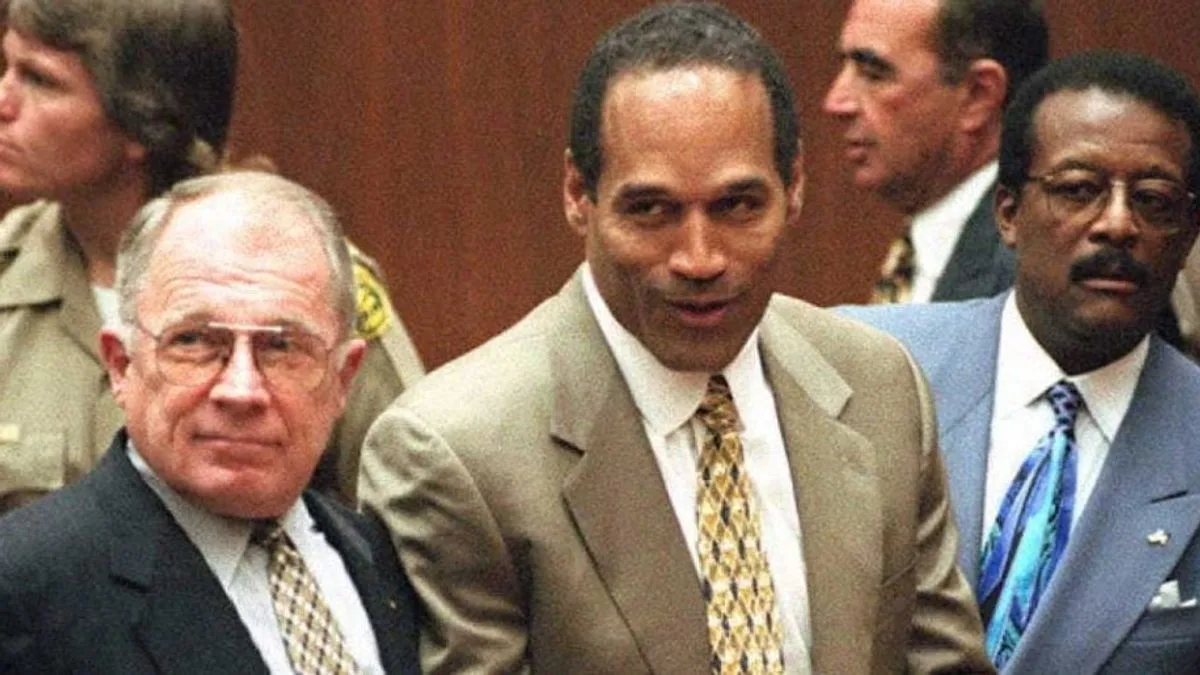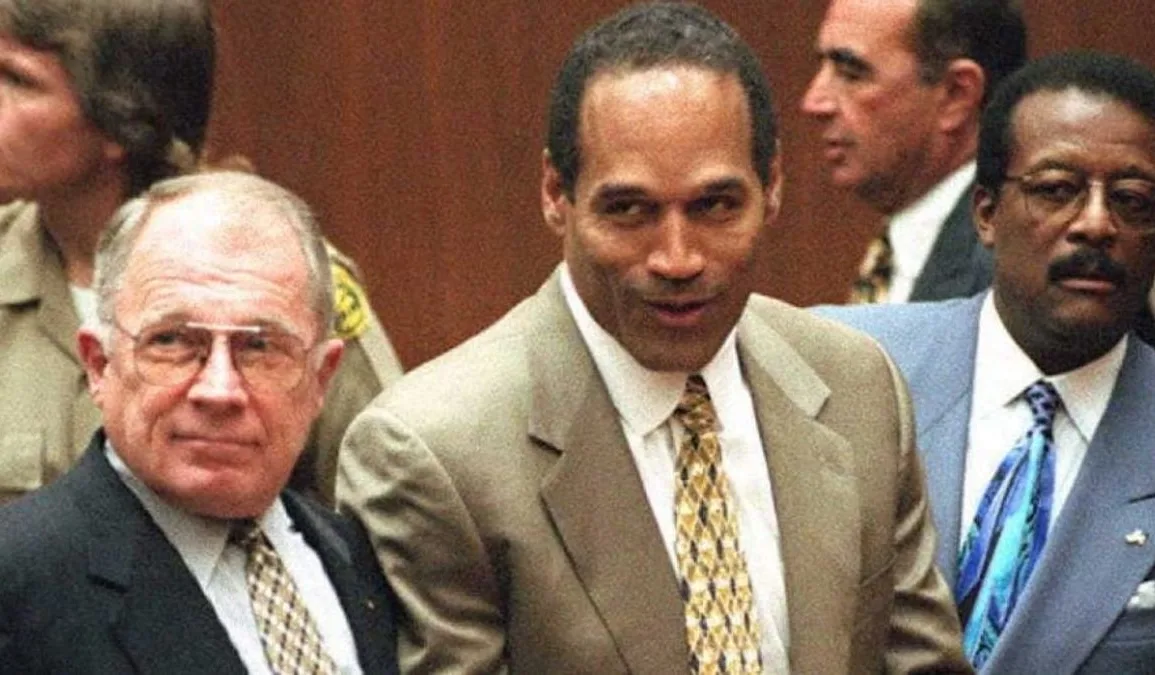
An Instagram post recently propagated the false claim that attorney Johnnie Cochran Jr. died under mysterious circumstances following his advocacy for reparations, igniting a wave of misinformation. This narrative, however, is contradicted by factual reports, including one from Check Your Fact, which clarifies Cochran’s death in 2005 was due to a brain tumor, not the sinister reasons implied online.
Unraveling the Truth
The misinformation regarding Cochran’s death is a stark example of how quickly falsehoods can spread online. Despite claims of his ‘mysterious’ demise post-reparations lawsuit announcement, Cochran was diagnosed with a brain tumor in 2003 and succumbed to complications related to the illness two years later. His treatment was conducted at Cedars-Sinai Medical Center in Los Angeles, a fact confirmed by multiple sources including the Los Angeles Times.
Legacy in Legal Advocacy
Cochran’s commitment to legal advocacy, especially concerning reparations, was well-documented. He played a pivotal role in the Reparations Assessment Group, an initiative focused on suing the federal government for reparations. This work underscored his dedication to addressing historical injustices, even as misinformation around his death attempts to overshadow his contributions. Furthermore, the discussion around reparations has continued to evolve, with recent legislative efforts in California aiming to address reparations, though not through cash payments, as reported by Politico.
Combatting Online Misinformation
The spread of misinformation regarding Cochran’s death is part of a larger issue of online misinformation. It’s essential to critically evaluate information shared on social media and seek out credible sources for verification. The case of Cochran’s misrepresented death underlines the importance of fact-checking in preserving the integrity of public discourse and the reputations of individuals involved in significant historical and legal efforts.
In reflecting on Cochran’s legacy and the misrepresentations surrounding his death, it becomes clear that the truth is essential for honoring his contributions and ensuring that discussions about reparations and historical injustices proceed based on facts, not fabrications. The spread of misinformation not only distorts public perceptions but also detracts from the critical conversations necessary for societal progress.


